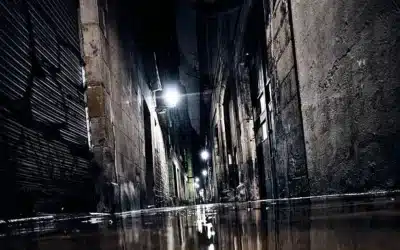It’s a modest house, a unit trapped inside of a suburb within a suburb. Mostly elderly live here. A woman in her late seventies greets me, “I’m Rosanne, the neighbour.”
She takes me through the house and shows me what needs to be carried out. Heavy furniture and the boxes too heavy for others to lift. The house is stripped down to its bare bones, dust and remnants of a home barely linger. I load my ute, Rosanne watches, disappears and returns with a cup of tea for me.
We share idle chit chat, the weather, never having enough time and eventually how lovely the person whose belongings I am loading onto the ute. Once I have finished, she walks through the house with me. Suddenly she spins into tears. I ask her if she is alright, taking her close as she weeps briefly, “I’m OK. Just making a fool of myself.”
I smile warmly for her while her pride returns with composure. She wipes the tears away with an already wet wad of tissues.
“I am losing another best friend. I can visit her in the home, I know that. It’s just not the same. I know my days are nearly over and soon I’ll be watching my home get put into boxes. Just not fair is all.”
We pull down the last curtain, she delicately removes it from the rod as I help her fold them as though it were a flag. I can only offer sympathetic words, learning the history of the woman whose home I had just help returned to an empty house.
Eighty-one, widowed, two children, three grand kids. Former school teacher, piano player and baker of all things sweet. Her home sold, the profits to pay for her care in an assisted living facility. Her possessions thrown or donated away. Most of her memories, what scraps remained taken by family. Both of her children live interstate, proxies doing their deeds. The charity I help from time to time offering logistics and labour for the heavy lifting when the budget is otherwise thin for those not already completely dependent on the State.
Like Rosanne and the others living in the miniature suburb, all workers through their lives. As time slowly stripped away their youth, possessions and independence they found themselves inside a commune of fellow elderly. Death or the inevitable transition into hospital or care homes have thinned down their numbers. More old people to come, to buy into the little suburb deep inside the other suburb.
Rosanne thanked me, she stood watching as I drove the ute full of her neighbors possesions away, to be dumped or donated. I see her in the mirror as I leave, she plucks a flower and looks on, we wave, ‘good bye.’
Maybe I’ll see Rosanne again soon, helping to turn her home into another empty house.































